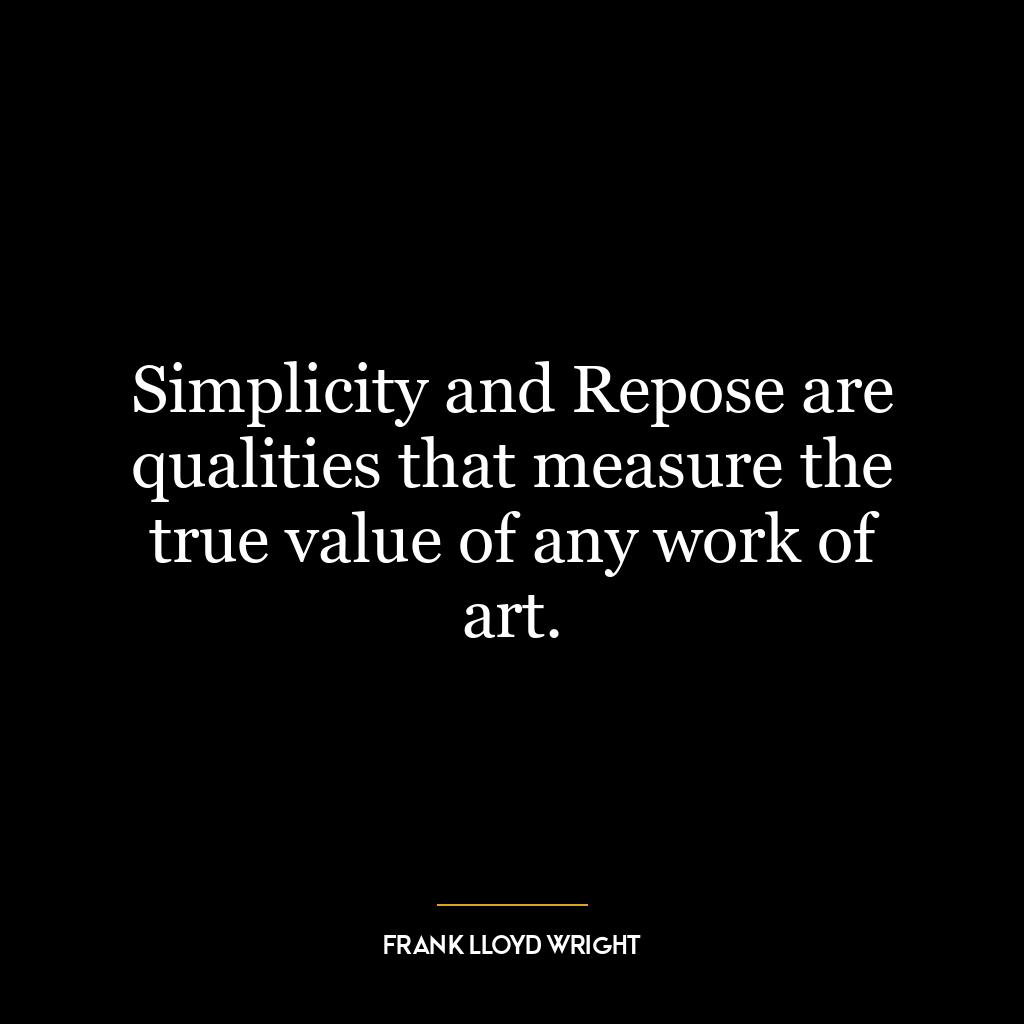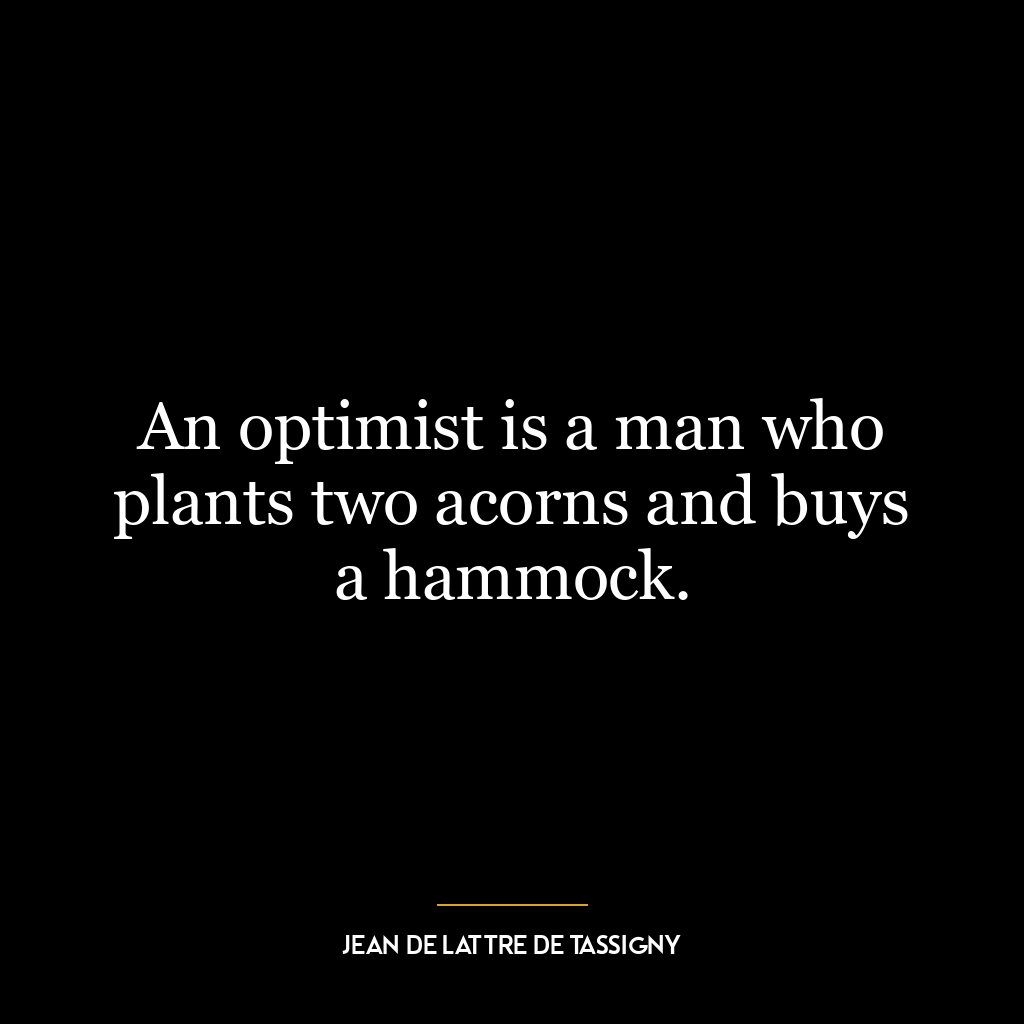Those who are firm, enduring, simple and unpretentious are the nearest to virtue.
This quote is a profound reflection on the nature of virtue and the qualities that bring us closer to it. The quote suggests that virtue is not about grand gestures or impressive accomplishments, but about the strength of one’s character and the simplicity of one’s actions.
When Confucius talks about being “firm”, he is referring to having a strong moral compass and sticking to it, even when faced with challenges or temptations. Being “enduring” means being able to withstand trials and tribulations without losing one’s sense of self or compromising one’s values.
The qualities of being “simple” and “unpretentious” suggest a rejection of vanity and superficiality. To be simple is to be content with what one has and to not be swayed by the allure of material wealth or social status. To be unpretentious is to be genuine and authentic, to not put on a facade or try to be something one is not.
In the context of today’s world, this quote is an important reminder that virtue is about character, not accomplishments. In a society that often values wealth, status, and power, it can be easy to lose sight of the importance of simple, genuine goodness.
In terms of personal development, this quote can serve as a guide for how to live a virtuous life. It suggests that we should strive to be steadfast in our principles, resilient in the face of adversity, content with what we have, and genuine in our interactions with others. These are qualities that can not only bring us closer to virtue, but also lead to a more fulfilling and meaningful life.








